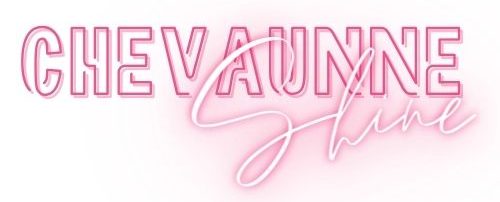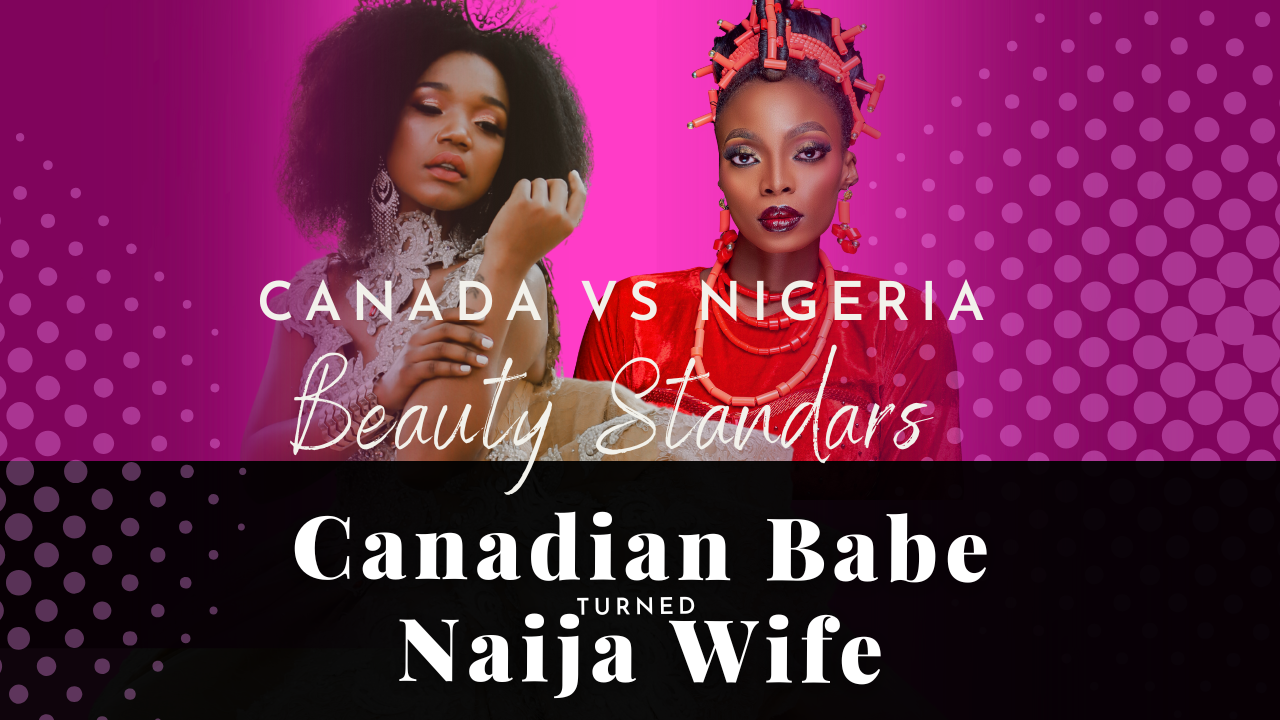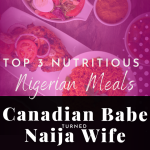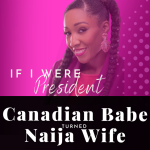Beauty is universal—but how it’s defined can vary wildly depending on where you are. As someone who’s experienced life in both North America and Nigeria, I’ve noticed how culture, history, and media shape the way women are expected to look, act, and carry themselves. The contrast is both fascinating and sometimes frustrating. Let’s dive into the differences—and surprising similarities—between beauty standards in these two regions.
1. Body Ideals: Slim vs. Curvy
In North America, the dominant beauty standard still leans toward being slim, toned, and fit, although body positivity movements have begun to challenge this. Social media platforms now spotlight a wider range of body types, but thinness (with curves in the “right” places) is often still the default.
In contrast, in Nigeria, especially in traditional and pop culture, a fuller, curvier figure is often seen as the ultimate sign of beauty, wealth, and health. Hips, thighs, and a round backside are celebrated features. Slim women are sometimes even viewed as “suffering” or lacking resources.
But here’s the irony: both societies are chasing body ideals that aren’t always natural, and women in both cultures often feel pressure to conform—even if it means surgery, waist trainers, or dangerous weight-gain products.
2. Skin Tone: Tanning vs. Bleaching
In North America, particularly among white populations, tanned skin is desirable—a sign of health, leisure, and wealth. But for Black women in North America, the conversation has centered around colorism, with lighter skin often being more privileged in media and fashion spaces.
In Nigeria, skin tone also plays a huge role in beauty standards. Unfortunately, skin bleaching is still a major issue, driven by colonial legacies and media representations that equate lighter skin with success, desirability, and higher social class.
Both cultures have a complicated relationship with melanin, but thankfully, global movements like #MelaninMagic and #BlackGirlMagic are reshaping narratives and celebrating all shades of brown and black.
3. Hair Politics: Natural vs. Processed

In North America, particularly among Black women, there’s been a strong natural hair movement, reclaiming afros, coils, and kinks. However, natural hair is still politicized in many professional and educational spaces, where Eurocentric hair standards dominate.
In Nigeria, ironically, natural hair isn’t as mainstream as you’d expect in the Motherland. Many women prefer wigs, weaves, braids, or chemically relaxed styles. Tender-handed natural hair salons are hard to find, and the time and effort it takes to maintain natural hair discourages many from wearing it out.
So while Black women in both regions are returning to their roots (literally and figuratively), the journey is still layered with internalized bias, practicality, and personal choice.
4. Makeup & Fashion: Less vs. More
North American beauty often praises the “natural” makeup look—even though it can take a whole hour to achieve it! There’s a strong lean toward neutral palettes, clean-girl aesthetics, and minimalism.
In Nigeria, however, makeup is art and glamour is the goal. From bold brows and full lashes to dramatic gele styles and sparkling accessories, Nigerian beauty is often about standing out, not blending in. Weddings, church services, and even brunches can feel like red-carpet events.
Fashion also reflects this difference: North America embraces muted tones and streetwear trends, while Nigerian fashion is full of bright colors, tailored outfits, and cultural pride.

Final Thoughts: You Are the Standard
Beauty standards are man-made—and often manipulated for profit, control, or cultural conformity. Whether you’re living in the West or in West Africa, the truth remains: you are fearfully and wonderfully made (Psalm 139:14).
Rather than striving to fit into a box, create your own definition of beauty. Embrace your God-given features, your cultural background, and your whole self. After all, beauty should never be a burden—it should be a celebration.
Want to go deeper? Break free from society’s beauty boxes and embrace your God-given worth. You can grab a copy of my ebook “The Beautiful You: Redefining Beauty According to God’s Terms”. It’s packed with encouragement, practical tools, and biblical truths to help you love yourself and boldly walk in purpose wherever you are in the world. [Pre-order your copy now!]
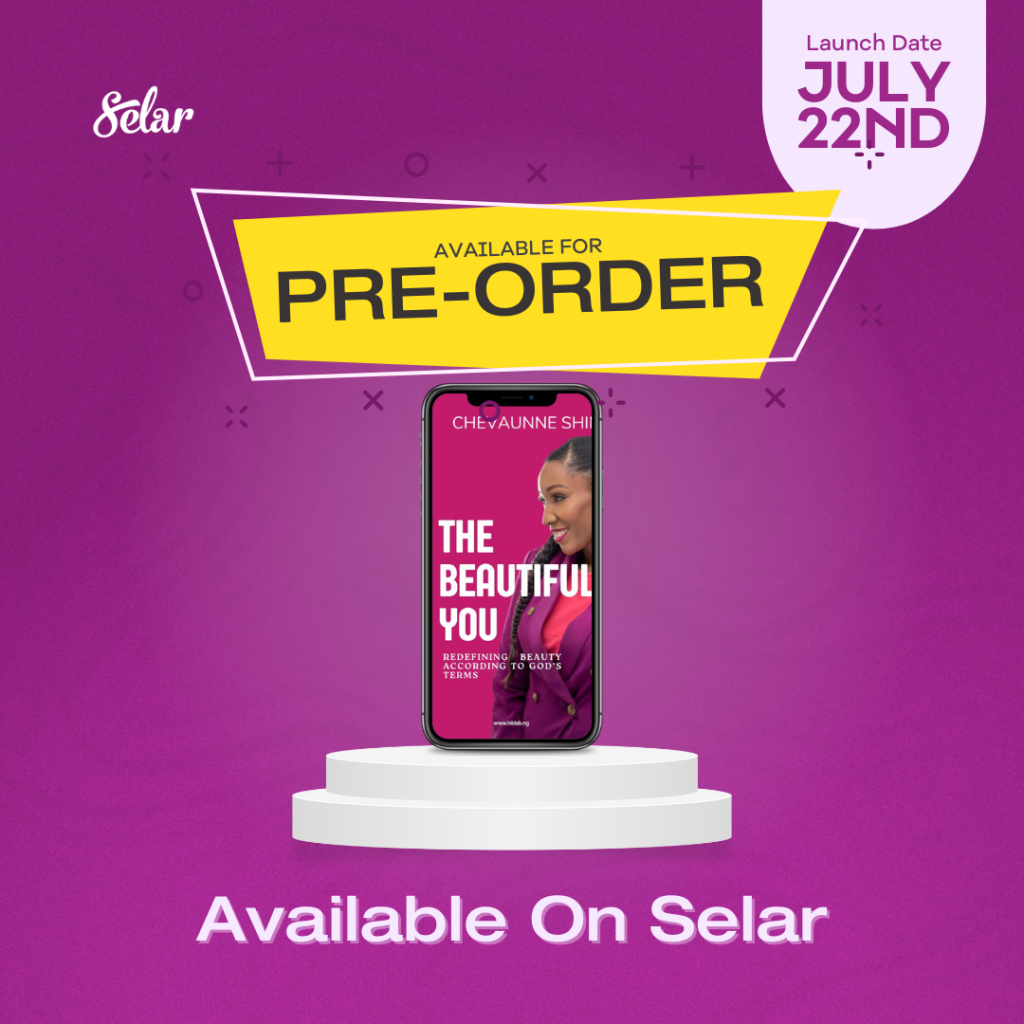
✅ SEO Keywords:
- Nigerian beauty standards
- North American beauty ideals
- curvy vs slim body types
- skin bleaching in Nigeria
- natural hair movement
- beauty standards comparison
- Black woman beauty
- cultural beauty norms
- African fashion and makeup
- Canadian babe turned Naija wife
